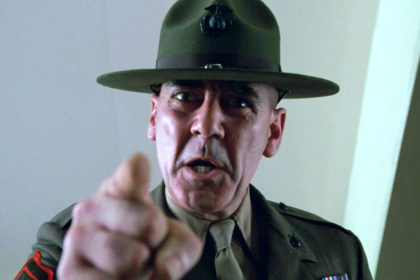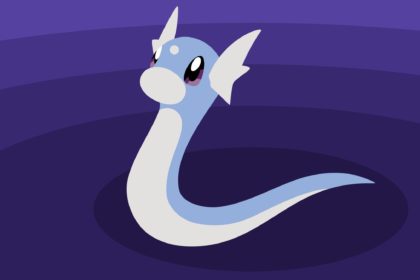Robert Lee Vesco was a fugitive, criminal and a United States financier. After several years of risky investments and dubious credit dealings, Vesco was alleged to have committed securities fraud. Take a look below for 28 more strange and interesting facts about Robert Vesco.
1. He immediately fled the ensuing U.S. Securities and Exchange Commission investigation by living in a number of Central American and Caribbean countries.
2. Vesco was notorious throughout his life, attempting to buy a Caribbean island from Antigua in order to create an autonomous country and have a national law in Costa Rica made to protect him from extradition.
3. A 2001 Slate.com article termed Vesco “the undisputed king of the fugitive financiers.”
4. After settling in Cuba during 1982, Vesco was charged with drug smuggling during 1989.
5. During the 1990s, he was indicted by the Cuban government for “fraud and illicit economic activity” and “acts prejudicial to the economic plans and contracts of the state” during 1996.

6. Vesco was sentenced to 13 years in jail by Cuba.
7. In November, 2007, the New York Times reported that he had died of lung cancer at a hospital in Havana, Cuba five months before, although it has been suggested that he faked his death.
8. Vesco was the son of a Detroit autoworker.
9. He was born in Detroit, Michigan, where he grew up and attended, and then quit Cass Technical High School.
10. He quit engineering school during his early twenties to work for an investment company.
11. After a brief period, he made an independent $800 stake matching buyers and sellers in the aluminum market, until he eventually acquired a portion of the profits of a floundering aluminum plant.
12. By 1965, he could borrow enough money to acquire International Control Corporation.

13. Through aggressively hostile expansions and debt-financed takeovers of other businesses he grew ICC quickly. By 1968, the company owned an airline and several manufacturing plants, and Vesco had shares totaling $50 million.
14. During 1970, Vesco began a successful takeover bid for Investors Overseas Service, Ltd., a mutual fund investment company with holdings of $1.5 billion managed by financier Bernard Cornfeld, who had gotten into trouble with the SEC.
15. When his company began to experience financial difficulty, Vesco saw his chance and began a protracted battle to assume control of the company, opposed by Cornfeld and others.
16. Cornfeld was jailed in Switzerland and Vesco was accused of looting the company of hundreds of millions of dollars. Many prominent figures in global business, finance, and royalty were associated with the mess, receiving money from one party or the other for their endorsement.
17. Among the accusations against Vesco were that he parked funds belonging to IOS investors in a series of dummy corporations, one of which had an Amsterdam address that was later associated with Prince Bernhard of the Netherlands, and that he broke into a Swiss bank vault to obtain shares.
18. These allegations are unproven, as Vesco fled the country and spent the next 15 years relocating between countries that lacked extradition treaties with the United States.

19. Among the charges that emerged during the 1970s, the SEC accused Vesco of embezzling $220 million from four different IOS funds.
20. During 1973, Vesco fled to Costa Rica. Shortly before his departure, hoping to end the SEC investigation into his activities, Vesco routed substantial contributions to Richard Nixon through Nixon’s nephew Donald A. Nixon.
21. In Costa Rica, Vesco donated $2.1 million to Sociedad Agricola Industrial San Cristobal, S.A., a company initiated by President Jose Figueres.
22. Figueres passed a law to guarantee that Vesco would not be extradited. Figueres’ constitutional term ended during 1974.
23. Vesco remained in Costa Rica until 1978, when President Rodrigo Carazo repealed what was popularly referred to as the “Vesco Law.”
24. During 1982, he relocated to Cuba, a country that could provide him with treatment for his painful urinary tract infections, and which would not extradite him to the United States. Cuban authorities accepted him on the condition that he would not get involved in any financial deals.
25. Vesco was indicted during 1989 on drug smuggling charges.

26. During the 1990s, Vesco became involved once again with Donald Nixon after Nixon went to Cuba seeking a partner with the government in conducting clinical trials on a substance he claimed to boost immunity, called trixolan or TX.
27. On May 31, 1995, Vesco attempted to defraud Nixon and Raul Castro, and Cuban authorities seized control of the project and arrested Vesco and his wife, and Terpil.
28. Vesco reportedly died of lung cancer in November, 2007, and was buried at Colon Cemetery in Havana. However, reports of his death have been disputed; his associate, Frank Terpil, said that he had fled to Sierra Leone.




